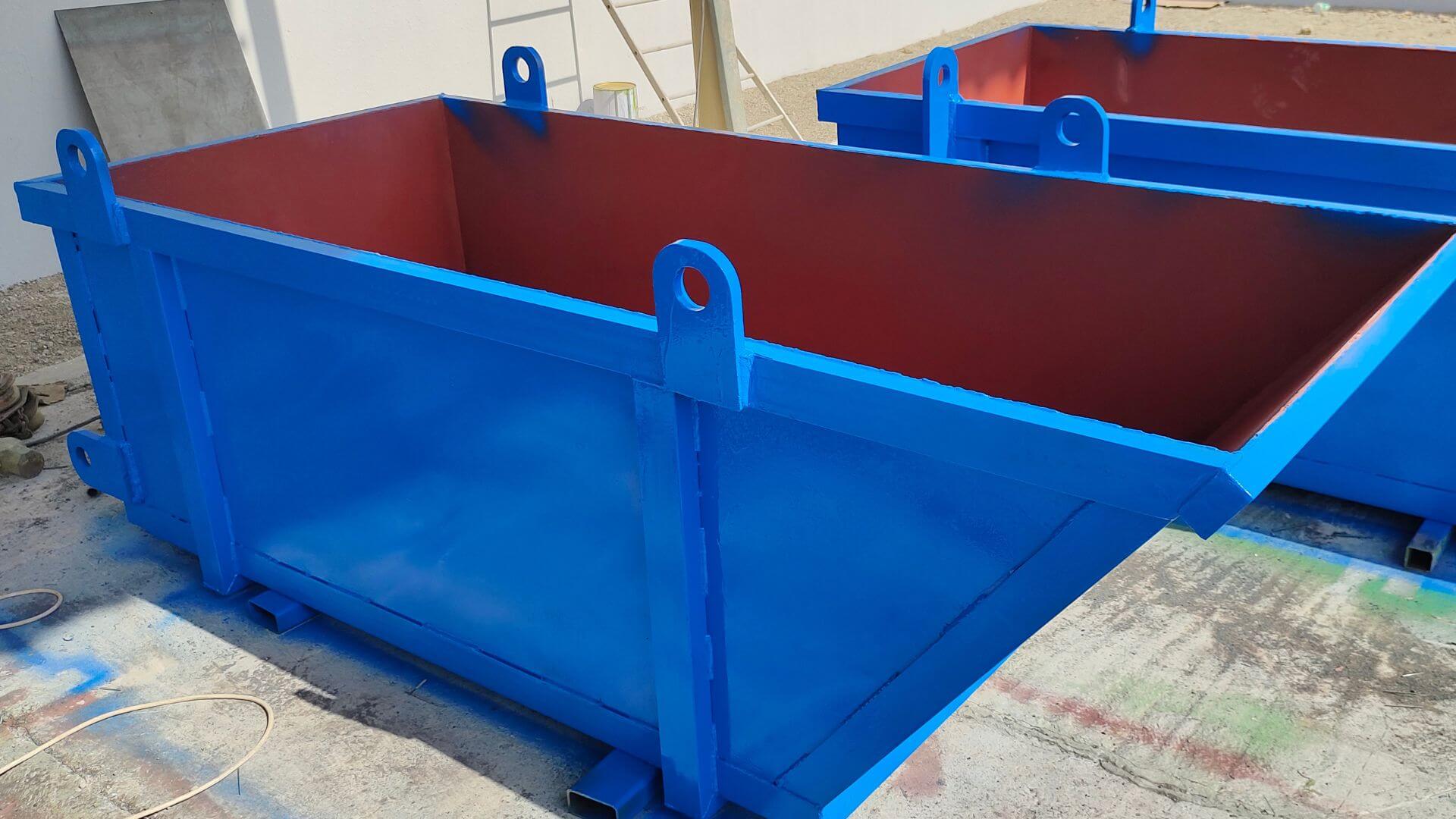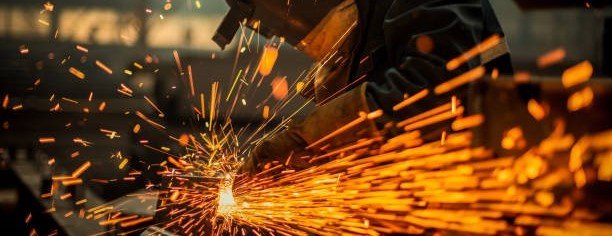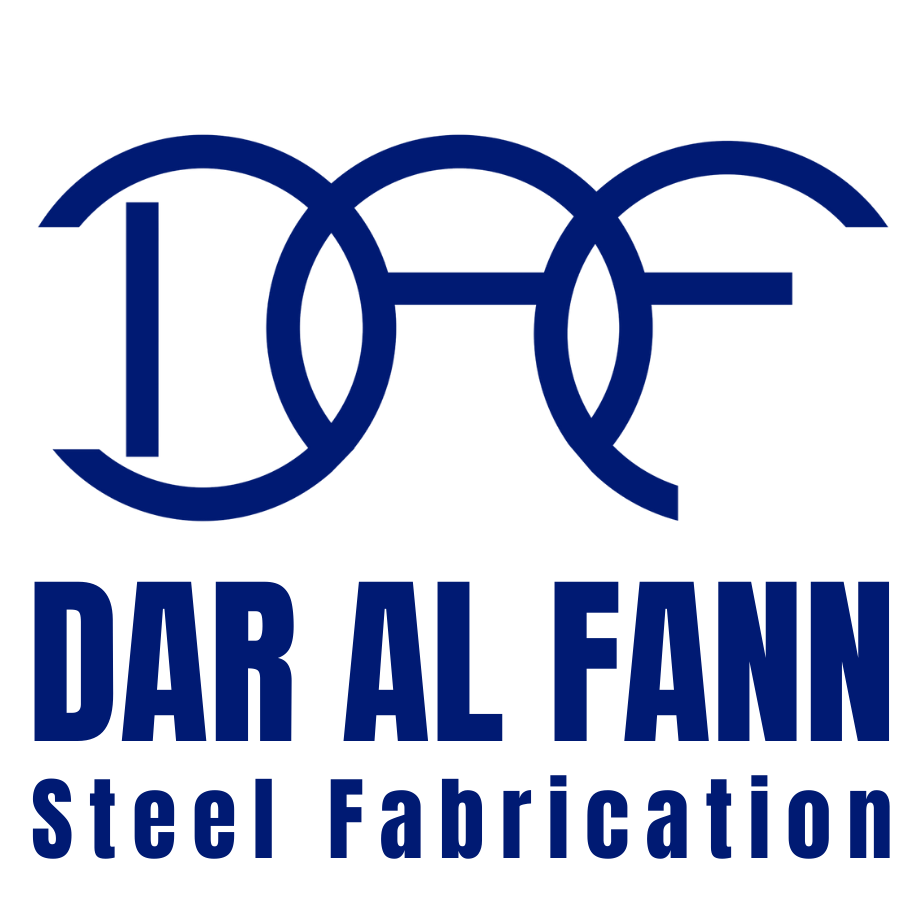
Choosing the Right Waste Skip Size for Industrial Waste
Effective waste management is a critical component of any industrial operation. One of the most common and practical tools used to handle industrial waste is the waste skip. Choosing the right skip size is essential to ensure efficient waste disposal, cost savings, and compliance with environmental regulations. In this blog, we will guide you through the factors to consider when selecting the right waste skip size for your industrial waste needs.
What is a Waste Skip?
A waste skip is a large open-topped container designed to hold and transport waste materials. It is commonly used on construction sites, industrial facilities, and commercial areas to collect various types of waste such as construction debris, manufacturing by-products, packaging waste, and general refuse.
Why Choosing the Right Skip Size Matters
Selecting the proper skip size can dramatically impact your waste management process. An undersized skip leads to frequent waste removal calls, increased costs, and site clutter. Conversely, an oversized skip may lead to underutilization, higher rental fees, and unnecessary space occupation.
Common Waste Skip Sizes
Waste skips come in various sizes, typically measured in cubic yards or cubic meters. Here are common skip sizes used in industrial settings:
- 2-4 cubic yards: Suitable for small-scale waste or light debris.
- 6-8 cubic yards: Ideal for moderate waste volumes, such as renovation or small construction projects.
- 10-14 cubic yards: Best for larger projects producing significant waste.
- 16-40 cubic yards: Used for heavy industrial waste, bulky materials, or long-term projects.
Factors to Consider When Choosing a Skip Size
1. Volume of Waste Generated
Estimate the amount of waste your industrial process will generate. Track past waste volumes or consult with waste management experts to determine the typical waste output. This helps you pick a skip size that minimizes overflow or underuse.
2. Type of Waste
Different waste types require different handling. For example, heavy waste like concrete or metals might require a smaller skip due to weight restrictions, while lighter waste such as packaging materials can be disposed of in larger skips.
3. Site Space and Accessibility
Consider the physical space available on-site for placing the skip. Ensure the area can accommodate the skip size without obstructing operations or causing hazards. Also, verify access routes for the skip delivery and collection vehicles.
4. Frequency of Waste Collection
If your waste is collected frequently, you might opt for a smaller skip. However, if collections are infrequent or scheduled on longer intervals, a larger skip would prevent overflow and clutter.
5. Budget and Cost Considerations
Skip rental costs vary based on size and rental duration. A larger skip may have a higher upfront cost but reduce the number of collections, while a smaller skip could incur repeated rental and transport charges. Balance size and frequency for cost efficiency.
Industrial Waste Management Best Practices
- Segregate Waste: Separate recyclable materials to reduce waste volume and disposal costs.
- Regular Monitoring: Track waste levels to avoid overfilling and ensure timely collections.
- Use Appropriate Containers: Combine skips with bins or compactors as needed for efficient handling.
- Comply with Regulations: Follow local guidelines for waste disposal, hazardous waste, and environmental safety.
Skip Hire and Disposal Services in the UAE
In the UAE, the waste management sector is evolving rapidly to meet sustainability goals. Reliable skip hire companies offer a variety of skip sizes with flexible rental periods to suit industrial client needs. Many providers also offer waste recycling services to support environmental initiatives.
Partnering with a trusted waste management company ensures proper disposal, documentation, and regulatory compliance, safeguarding your industrial operations from legal risks.
Conclusion
Choosing the right waste skip size is a crucial decision for industrial waste management. By evaluating your waste volume, type, site logistics, and budget, you can select a skip that enhances efficiency, reduces costs, and promotes a cleaner work environment.
Invest time in understanding your waste profile and collaborate with expert skip providers in the UAE to optimize your waste disposal strategy effectively.

